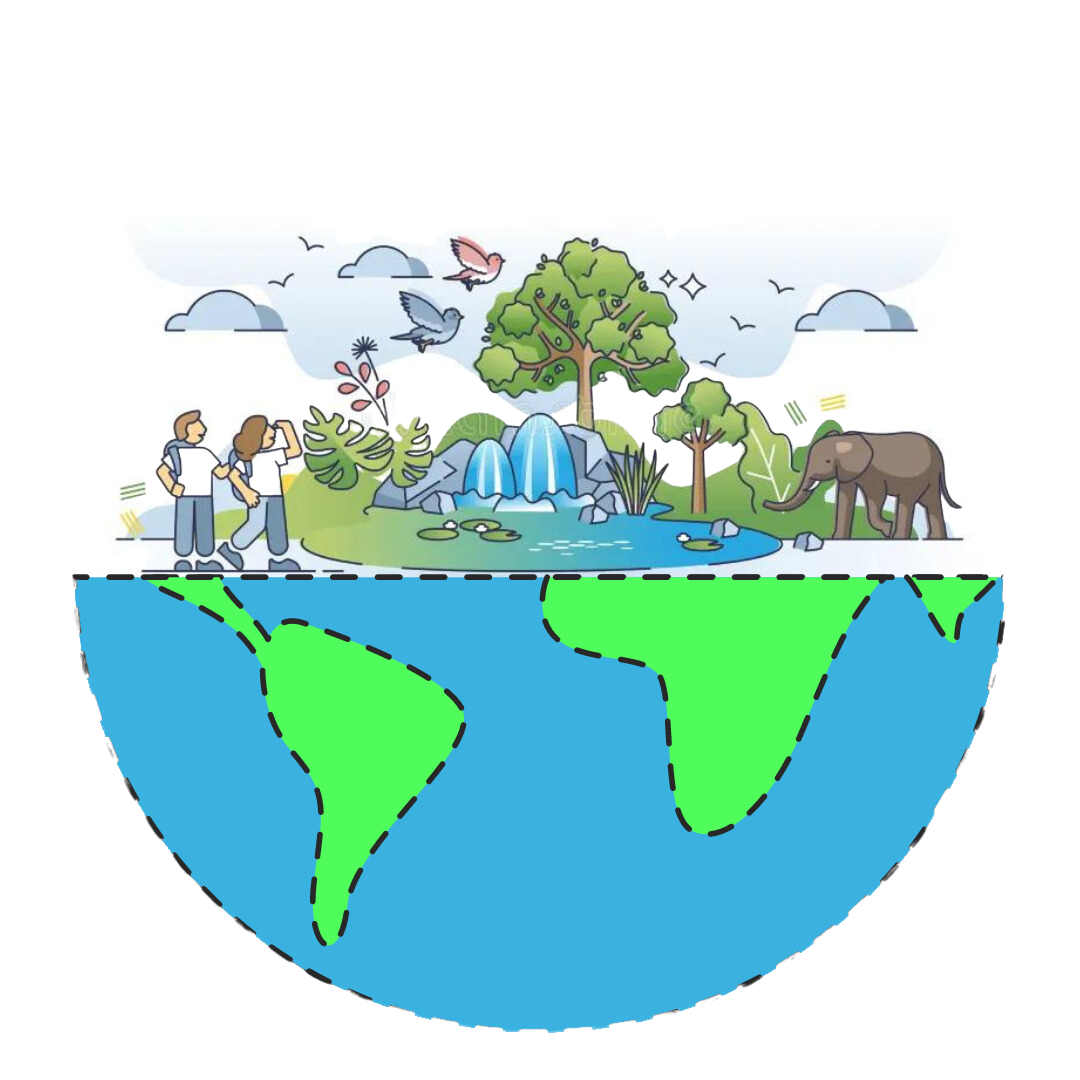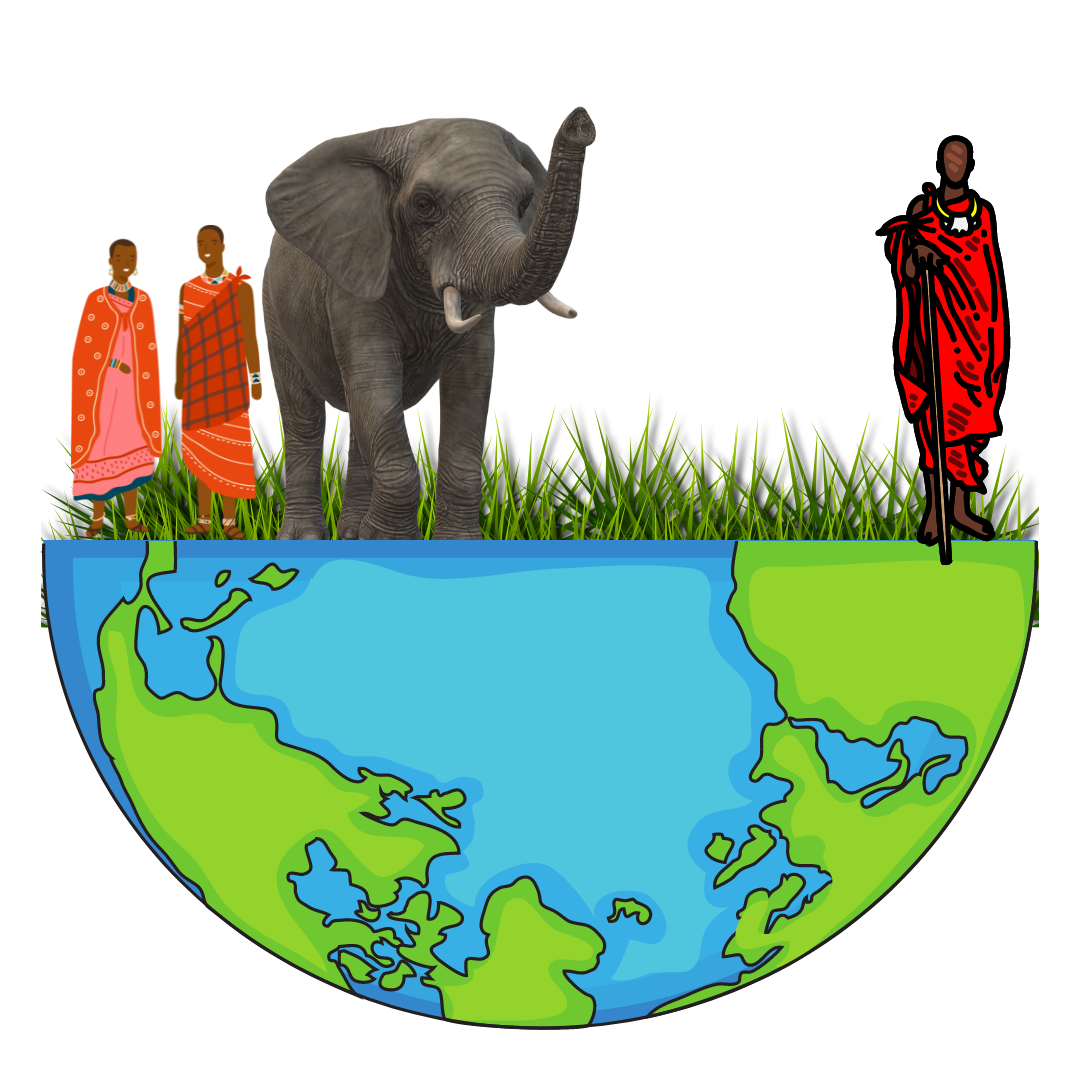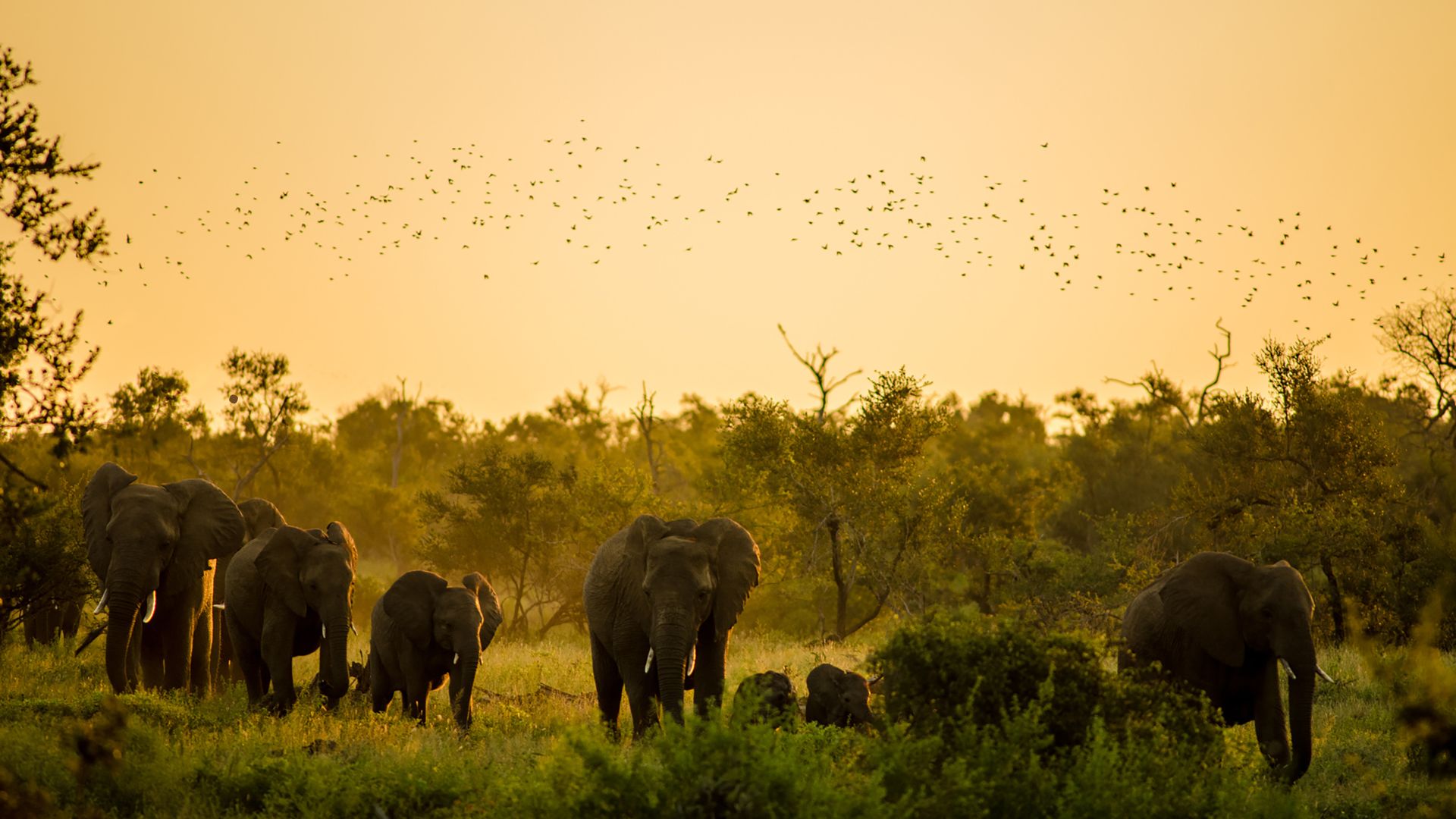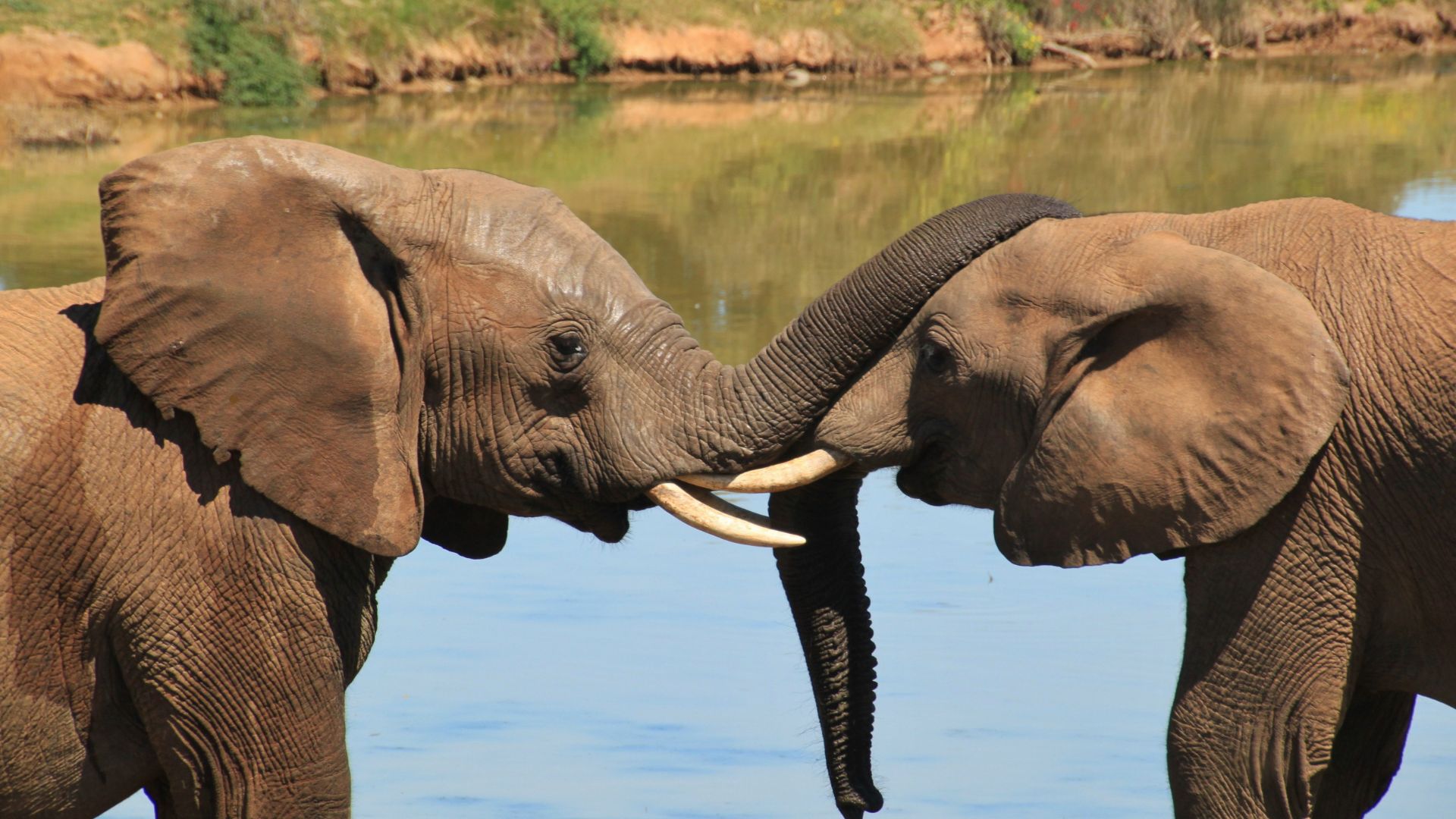
Elephants play a crucial role in maintaining healthy ecosystems. As keystone species, they shape their environment by creating waterholes, dispersing seeds, and clearing vegetation, which supports a wide variety of other species. Protecting elephants helps preserve biodiversity and the overall health of the ecosystems they inhabit.

Elephants are a major attraction in wildlife tourism, which is a significant source of revenue for many African countries, including Tanzania. By conserving elephants, we not only protect these majestic creatures but also sustain livelihoods through ecotourism, benefiting local communities and national economies.

Elephants hold deep cultural and spiritual importance in many African societies, symbolizing strength, wisdom, and longevity. Conservation efforts help preserve these cultural connections, ensuring that future generations continue to experience and value the rich heritage associated with elephants and their role in human history.


At Trunkloot Tanzania, we are dedicated to securing a future where elephants and humans coexist in harmony. Through innovative conservation strategies and community-based initiatives, we work to reduce human-elephant conflicts in areas where these majestic animals and local communities share the same land. Our approach focuses on practical solutions that benefit both wildlife and people.
We deploy tools like early warning systems, beehive fences, and natural repellents to prevent elephants from entering farmlands, thereby protecting crops and reducing tensions. These initiatives not only safeguard livelihoods but also contribute to the conservation of elephants in Tanzania.
Our efforts extend beyond immediate conflict resolution; we are committed to educating communities about the importance of elephants to the ecosystem and the economy. By fostering a deeper understanding and appreciation for wildlife, we aim to build a sustainable future where elephants and humans can thrive together in a balanced and interconnected world.
